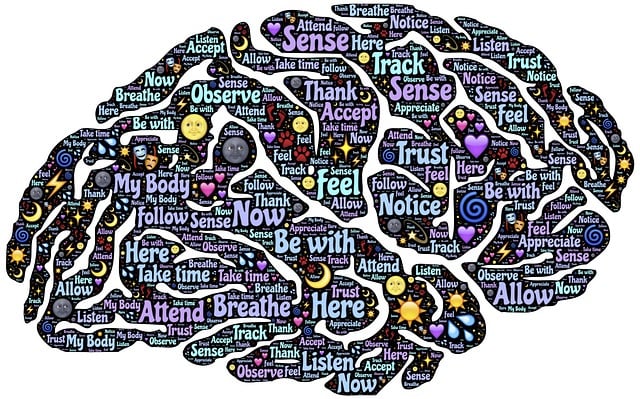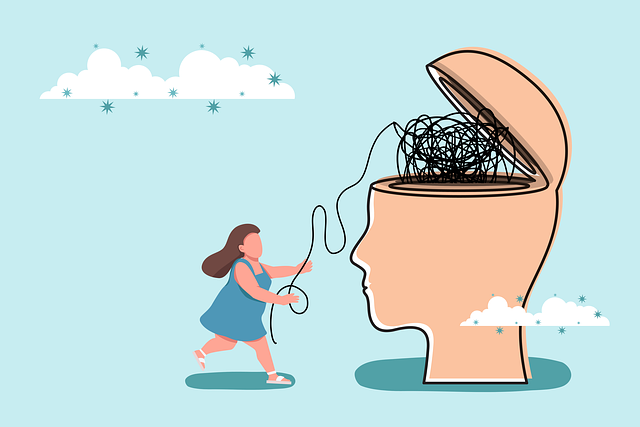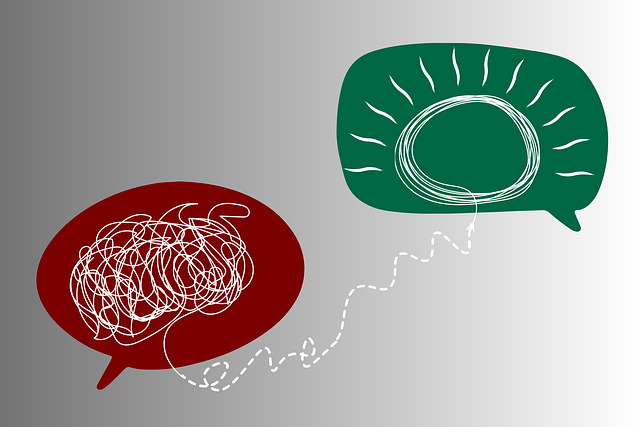Unaddressed interpersonal issues in a child's home or school can lead to anxiety, depression, and other mental health problems. Early intervention through therapy is crucial, providing coping mechanisms and relief from anxiety. Mental health advocacy groups work to remove barriers like stigma and financial hurdles, ensuring children receive necessary support. Mental wellness coaching programs that focus on education and empathy create supportive environments encouraging open conversations about interpersonal issues. These initiatives are vital for promoting mental health resilience and access to therapy for all children.
Mental health advocacy initiatives play a crucial role in addressing the often overlooked interpersonal issues impacting children’s well-being. This article delves into the profound effects of unaddressed interpersonal problems on kids’ mental health, highlighting the pivotal role advocacy plays in promoting access to essential therapy services. We explore effective strategies for mental health advocacy that specifically target interpersonal barriers, offering a comprehensive guide to fostering healthier, more resilient youth. By focusing on these initiatives, we aim to revolutionize children’s mental health support and ensure every young person receives the care they need.
- Unaddressed Interpersonal Issues: Impact on Children's Mental Health
- The Role of Advocacy in Promoting Access to Therapy for Kids
- Effective Strategies for Mental Health Advocacy Initiatives Targeting Interpersonal Barriers
Unaddressed Interpersonal Issues: Impact on Children's Mental Health

Unaddressed interpersonal issues within a child’s environment can have profound effects on their mental health and well-being. Children are highly susceptible to the emotional climate at home and at school, where unresolved conflicts, neglect, or abusive relationships may foster an unhealthy sense of self and contribute to the development of anxiety, depression, or other mental illnesses. These issues often go unnoticed or unaddressed, exacerbating their impact as children grow older. Early intervention through therapy for children is crucial in identifying and managing interpersonal challenges.
By targeting these problems, therapy can provide much-needed anxiety relief and help children develop coping mechanisms. Moreover, mental illness stigma reduction efforts should accompany such initiatives to foster an environment where young individuals feel safe seeking support without fear of judgment. Encouraging positive thinking and open communication can significantly contribute to the overall mental health and resilience of children, ensuring they have the tools to navigate interpersonal relationships healthily.
The Role of Advocacy in Promoting Access to Therapy for Kids

Mental health advocacy plays a pivotal role in ensuring that children have equal access to therapy and support for their interpersonal issues. By championing causes related to therapy for children, advocates draw attention to the unique mental health needs of young individuals. They work towards breaking down barriers such as stigma, financial constraints, and limited resources, which often prevent kids from receiving necessary care. Through various initiatives, including awareness campaigns and policy changes, these advocates foster a more inclusive environment where emotional well-being is prioritized.
Advocacy efforts also concentrate on developing empathy-building strategies that encourage open conversations about mental health. By teaching children coping mechanisms, stress management techniques, and mood management skills, advocates empower them to navigate interpersonal challenges head-on. This proactive approach not only improves access to therapy but also equips kids with tools to manage their emotional health in the long term.
Effective Strategies for Mental Health Advocacy Initiatives Targeting Interpersonal Barriers

Effective mental health advocacy initiatives must address interpersonal barriers to access quality care. Many individuals struggle with seeking therapy for children due to stigma and fear of judgment from peers and family, especially when it comes to discussing mental wellness openly. By implementing mental wellness coaching programs designed to foster understanding and empathy, these initiatives can create supportive environments that encourage open conversations about interpersonal issues.
This mental health education programs design should prioritize raising awareness about the normalcy of seeking therapy and debunking myths surrounding mental illness. Through interactive workshops, schools, workplaces, and communities can cultivate a culture where individuals feel empowered to seek support for their mental wellness without hesitation. Such efforts are crucial in ensuring that everyone has access to the resources they need to thrive.
Mental health advocacy initiatives play a pivotal role in ensuring children have access to the therapy they need, addressing critical interpersonal issues that can significantly impact their well-being. By implementing effective strategies targeted at these barriers, we can foster an environment where every child has the opportunity to thrive. The collective efforts of advocates, professionals, and communities are essential to creating systemic change, ultimately leading to better mental health outcomes for children. Through increased access to therapy and focused advocacy, we can break down interpersonal challenges, nurturing resilient and healthy individuals for the future.














